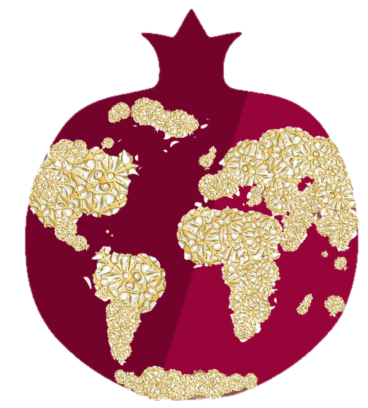Lecturing in Oman
Our founder Hana Mosavie had the opportunity to provide a set of lectures in Oman for the MBA in February and March 2020. This blog will be written from the perspective of Hana.
I had the opportunity to visit and lecture in Oman at Majan University College on the Executive MBA. The reception I felt by my students, and other Omanis were honestly very comforting, embracing and insightful. I was shown around Muscat, provided with extensive historical display of culture and current politics.
Oman showed the beauty, the passion of the gulf region that has rarely been seen. The beauty of this country is the humbled essence. We can see the gulf region has invested heavily into what they believe the accusation of wealth should show. While in some cases, its luxurious and eye openly wonderful in what the world could possess with unlimited wealth and try aspirations on the standard of living, some lose the essence the cultural identity. At times this can lead to generational identity crisis which can later stump the growth of the country’s innovation and inhibitions as they then need to find themselves again. We can see around the world during this identity crisis some cultural paths arise that evolve into another area. Oman, on the other hand has slowly but surely allowed its element of uniqueness and intended liberation of identity to flourish within the whole country. I cannot state any discrimination as I have not lived there to experience it, but from what I saw, as a visitor and as a woman was very welcoming.
One of the most interesting things found in Oman, was the pure love given to the late Sultan Qaboos bin Said. The way he governed allowed every person to feel included, despite their differences. He has been somewhat prophesised, and for good reason, unifying and bringing a way of living into Oman has created a precedent on the culture Omanis live by. Qaboos bin Said, followed his own morals even by presenting his successor that’s unrelated and well before he died.
The Omani students in the class were naturally segregated by gender for comfort. My own heritage made me far more relatable to the Omani’s, and the women showed excitement and intrigue that I was lecturing the whole class. I was told after, that not as many women would have participated in class, on these previous lectures, and by seeing a woman that they could relate to, became more encouraging and uplifting.
My experience with women and local Omanis was a very pleasant experience. It is a small example on how a governance structure based on equality and impartiality can be maintained. Traditional and cultural norms still provide gendered limitations that are comparable to the west, however the west has a lot to learn from Oman for the respect and kindness within their demographic and towards women. This provides a platform for a naturally evolved development of the population, which I will kindly keep in mind.

